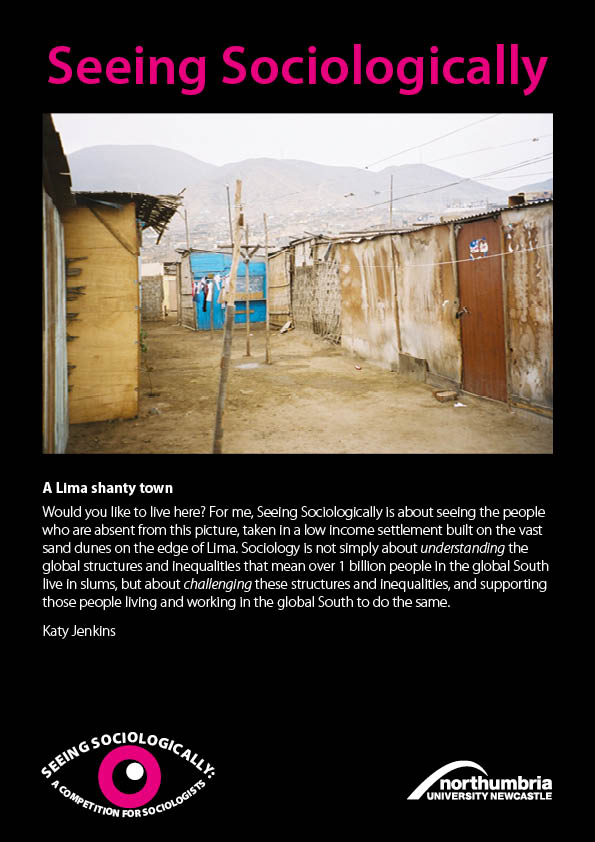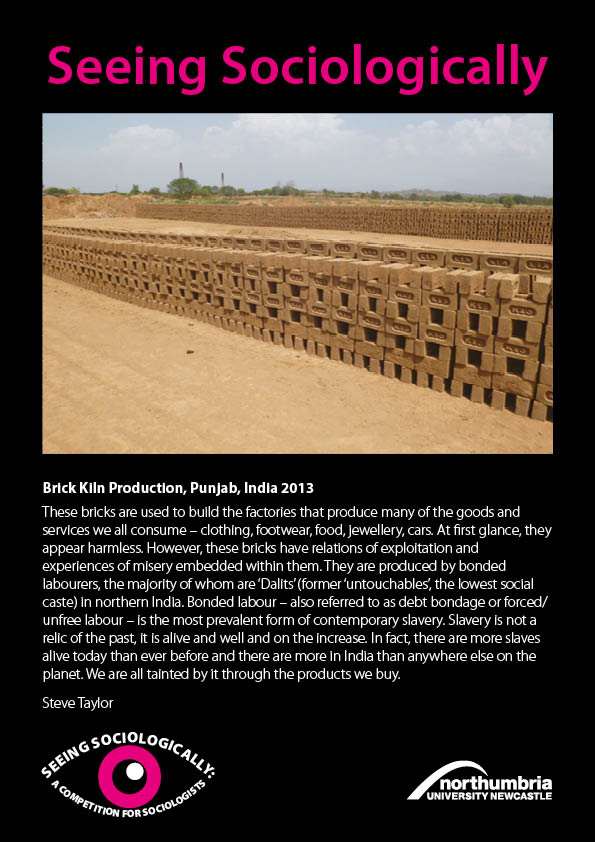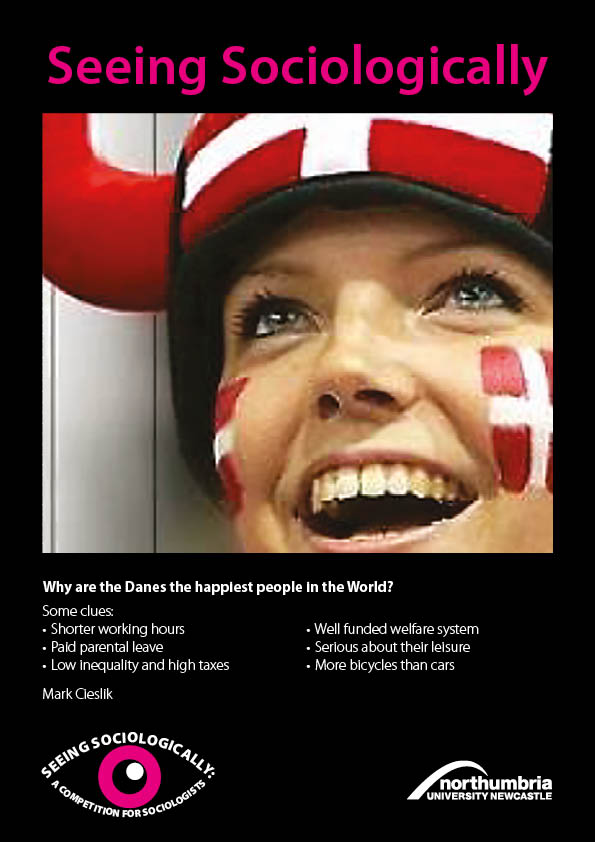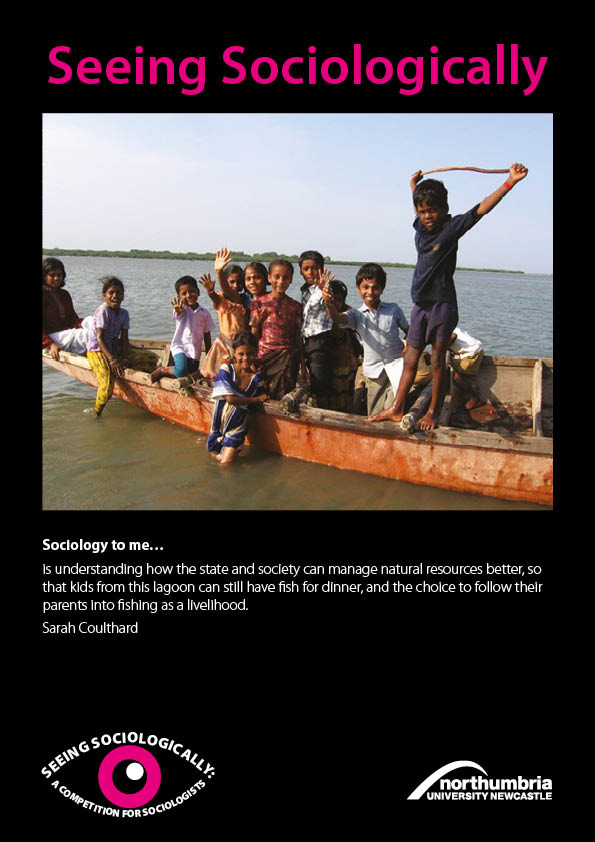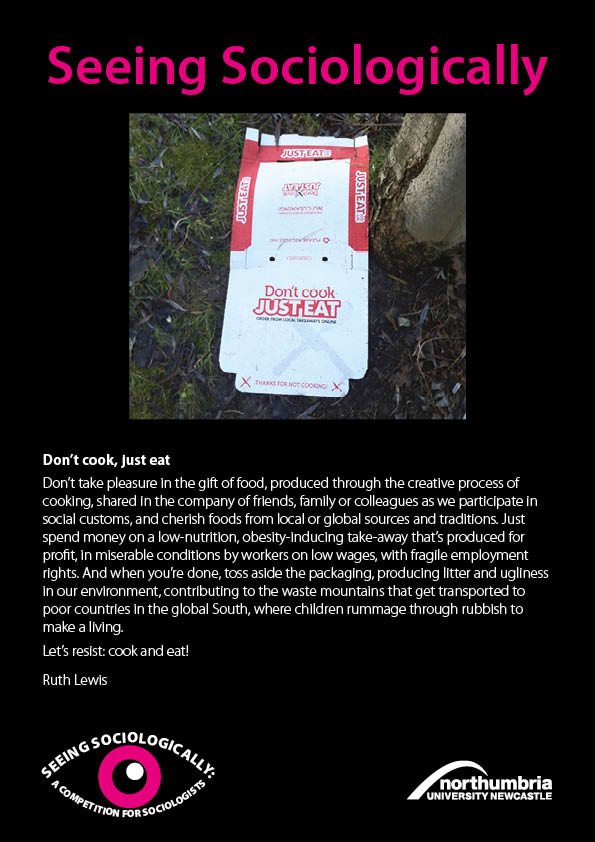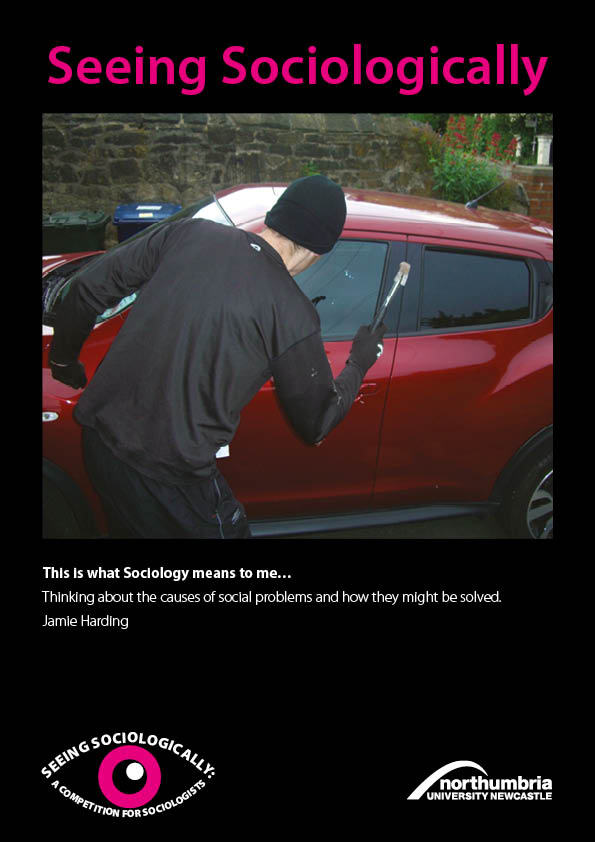
This is a new post by Dr Abigail Schoneboom who joined the department as a part time member of staff in September 2015. Here Abigail reflects on her research in New York City.
On a suffocatingly hot day this August, I ascended from the polluted dusty air of New York City’s Northern Boulevard to a rooftop farm that has transformed a grim, industrial section of the city into an earthly paradise. Located on a one-acre rooftop space in Western Queens, seven stories above the railway yards, factories and big box superstores below, the Flagship Farm is an inspiring use of urban space that is improving local air quality, providing a source of locally-grown fruit, vegetables and honey.
As a sociologist, I am interested in how community gardens and allotments function in our society to provide communities with an alternative means of production that simultaneously improves the health and vitality of a neighbourhood’s ecosystem. The farm initially struck me as an impressive type of green activism – which at its best embodies the goals of critical theory in moving us from accepting what is to imagining and realising what could be. However, while I remain dazzled by the impact of the space on the surrounding neighbourhood, on looking into the ownership model and philosophy of the organisation behind it, I have some critical reservations about its impact and radical scope.
The contrast between the farm and its surroundings is remarkable and offers visitors an urban eco-adventure that rewards all the senses. I entered the farm from the polluted street below via a café on the ground floor and took the elevator up to the rooftop level which opens directly out onto a field of leafy vegetables – kale, courgettes, spring onions – bordered with tall sunflowers that stand proud against the distant backdrop of the midtown skyline. At one end, workers with wheelbarrows busily tended the crops, adding to the already impressive mound of compost. At the other end a farm worker showed us how to make cheese from goat’s milk and, as we munched on samples, told us about the rooftop bees that thrive on the farm’s abundant flowers.
The farm is open at different times to visitors, offering children’s activity days as well as engaging with local schools and a range of non-profit organisations such as the Community Supported Agriculture (CSA) program and the Queens-based Refugee and Immigrant Fund. The organic produce is also offered for sale on open days from a stall on the rooftop.
In this part of New York City, which seems on the one hand irretrievably blighted by late capitalism’s dehumanising and ecologically destructive impulses, a rooftop farm symbolises the creative possibilities that emerge when we start planting seeds. Breathing in the clean air generated by the surrounding greenery, smelling the scent of wild flowers, and hearing the buzz of the resident rooftop bees is literally refreshing, awakening visitors to what a different kind of society might look smell and feel like. The engagement with local community groups and food distribution networks is a promising step towards rethinking how food is produced and consumed.
However, at the same time it is worth noting that this particular farm is run as a business and is in many ways intertwined with the gentrification process that is taking place at an alarming rate in New York City, which threatens – as has already been shown in neighbourhoods such as Harlem and Williamsburg — to increase income polarisation and social exclusion. The Flagship Farm operates under the umbrella of Brooklyn Grange, a for-profit organisation that also runs another rooftop farm in Brooklyn Navy Yard, covering a total of 2.5 acres and producing more than 50,000 lbs of organic produce per year. As the world’s largest rooftop farming complex, the company’s vision is aligned with a ‘sustainable’ business philosophy that, from a critical sociological perspective, presents an alternative, benign and even beautiful – as this 7-month time-lapse film shows — face of capitalism but arguably does not sufficiently problematize the destructive dynamics of capital that are at work in our cities.
 we wanted to cover couldn’t be squeezed into a single day so the Festival encompasses 8 events – discussions, a walking tour, a pop-up reading group, films – held at venues in Newcastle upon Tyne, from 6 March to 29 April. The Festival is aimed at public audiences interested in feminism and activism and includes sessions on, for example: the history of the suffrage movement; feminist magazines; activism and social media; feminism and crime writing; lesbians’ contributions to the feminist movement. These sessions reflect the research of members of the GSRH as well as contentious debates in contemporary feminism..
we wanted to cover couldn’t be squeezed into a single day so the Festival encompasses 8 events – discussions, a walking tour, a pop-up reading group, films – held at venues in Newcastle upon Tyne, from 6 March to 29 April. The Festival is aimed at public audiences interested in feminism and activism and includes sessions on, for example: the history of the suffrage movement; feminist magazines; activism and social media; feminism and crime writing; lesbians’ contributions to the feminist movement. These sessions reflect the research of members of the GSRH as well as contentious debates in contemporary feminism..

